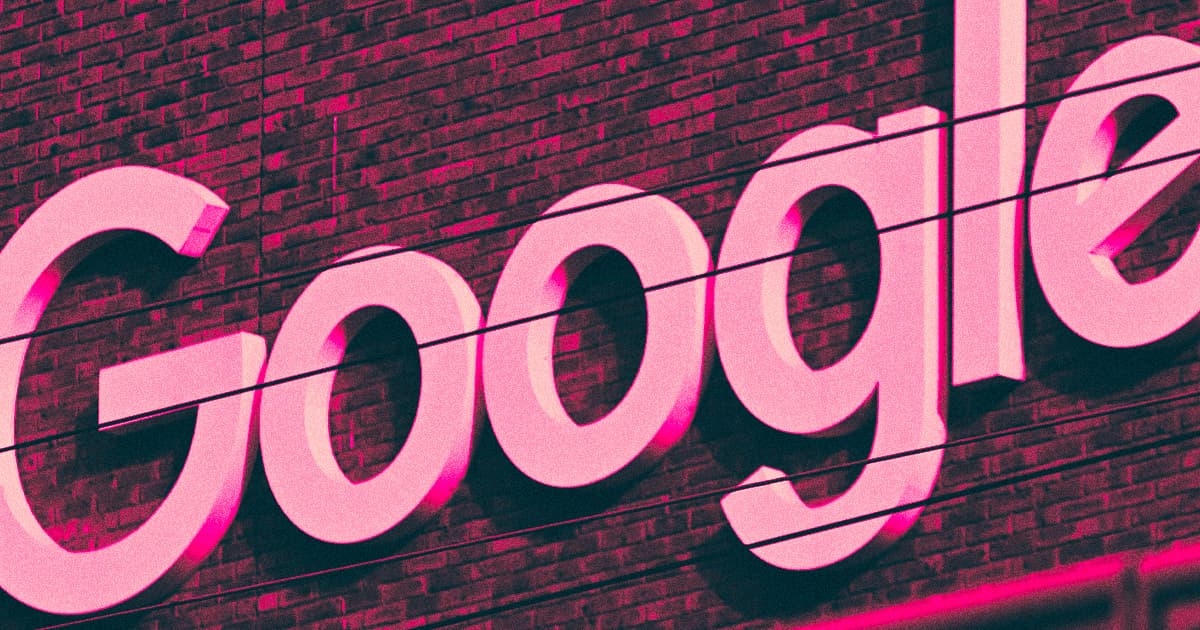Is a $270 million fine a big enough sting?
Sacre Bleu
Google is facing a $270 million fine, The New York Times reports, after French officials found the tech giant guilty of vacuuming up articles from media companies in order to train its flagship artificial intelligence chatbot, Gemini — without notifying these publishers or the French government, among other violations.
The fine is part of an ongoing, years-long dispute between France and Google — and by extension, the European Union — on how tech companies create a monopoly on many services and goods.
This recent ruling and fine came from France's Autorité de la concurrence, the country's anti-trust government agency, which has been pushing Google to comply with its rulings since it first tangled with the tech company in 2020.
That year, the Autorité told Google "to conduct negotiations in good faith with publishers and news agencies on the remuneration for the re-use of their protected contents."
In the next year, the Autorité fined Google more than $500 million for not complying, which prompted the company to pinky swear that it would finally obey France and also have an outside monitor oversee its work to make sure it complied.
In other words, this latest ruling — and its eye-watering quarter-billion dollar fine — isn't a good look for Google.
Bad Faith
The agency again found that Google didn't "negotiate in good faith" with media companies on fair compensation, nor did the company provide meaningful data to media companies so they could assess what they are owed from Google for using their content.
Furthermore, the French agency singled out Google's AI chatbot Bard, now called Gemini, and how it was trained on articles from media companies that didn't give permission to be included and weren't given an opt out option.
The fine is part of a larger, existential conundrum between tech companies, governments, media companies, and ultimately users: who owns the content and data you see on the internet, and who gets to profit from it?
For the most part, it's been tech companies that have made the lion share of profits from content and data on the internet, often by taking away advertising revenue streams and people's attention from media companies.
That's why you have Universal Music Group (UMG) taking away its music catalog from TikTok. And why you see artists and other people or organizations that make content becoming alarmed with the AI revolution, which may worsen the situation.
"We have compromised," Google said of the most recent ruling, "because it is time to turn the page and, as our numerous agreements with publishers prove, we want to focus on sustainable approaches in order to connect Internet users with quality content and work constructively with publishers."
More on Google Gemini: Google Bans Its Dimwit Chatbot From Answering Any Election Questions
Share This Article
